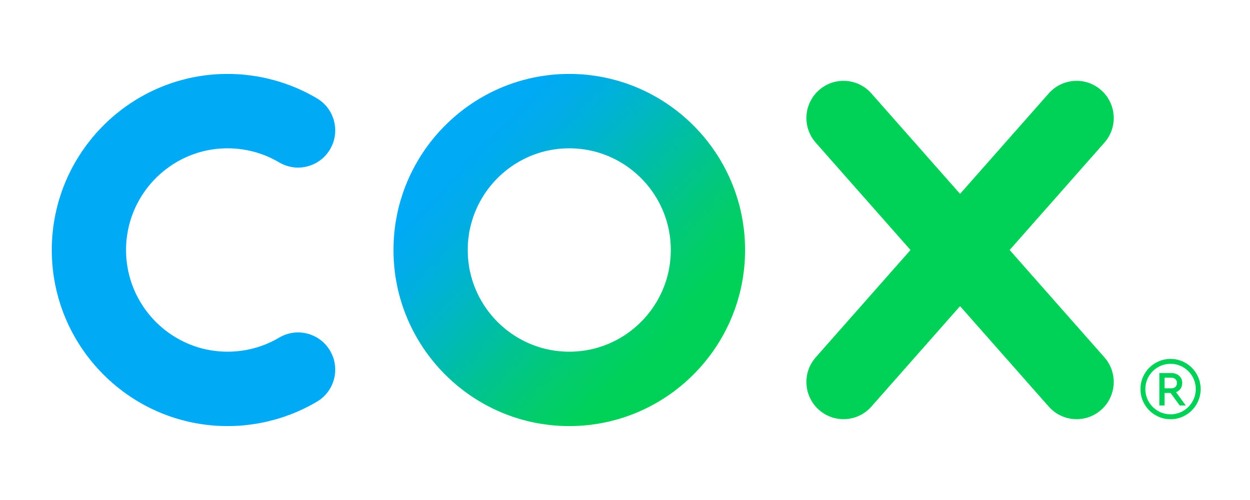This website uses cookies so that we can provide you with the best user experience possible. Cookie information is stored in your browser and performs functions such as recognising you when you return to our website and helping our team to understand which sections of the website you find most interesting and useful.
Business News Digital Labels & Publishers Legal
Record companies hit out at Cox Communications for connecting a terrorist content ruling to its copyright appeal
By Chris Cooke | Published on Monday 5 June 2023

Cox Communications is continuing in its bid to have that billion dollar copyright judgement against it overturned because, well, you would wouldn’t you?
As part of those efforts, the internet service provider has now cited a recent US Supreme Court ruling that considered Twitter’s responsibilities to stop the distribution of terrorist content on its platform, which Cox says is relevant in its copyright case.
The music industry – first BMG and then the majors – sued Cox in the US claiming that it did not do enough to deal with copyright infringement on its networks and repeat infringers among its customer base. Instead it paid lip service to its responsibilities while secretly ignoring its own policies.
The courts concurred, which meant that the internet firm lost safe harbour protection from liability for the infringement undertaken on its networks, and could therefore be held liable for said infringement. Or, technically speaking, for so called contributory infringement.
And with the litigation pursued by the majors, those liabilities ran to a neat billion dollars. Cox is currently appealing that ruling through the Fourth Circuit Appeals Court.
The Twitter v Taamneh case that was recently ruled upon by the Supreme Court wasn’t a copyright case, but instead focused on the responsibilities of Twitter regarding the distribution of terrorist content, in particular content posted by ISIS.
When it comes to harmful content of that kind, there has been plenty of discussion about the responsibilities of digital platforms. And there are some parallels between the responsibilities of platforms to deal with harmful content and to deal with copyright infringing content.
Those parallels should be considered as part of the music industry v Cox appeal. Or so reckons Cox. In a letter to the court last month, it said that the plaintiffs who sued Twitter in that dispute “sought to impose aiding-and-abetting liability on social media platforms for a terrorist attack”.
“They alleged that the platforms knowingly permitted ISIS to use their services to recruit and raise funds. Applying long-standing aiding-and-abetting principles, the court rejected liability on the pleadings. These same aiding-and-abetting principles animate copyright law’s contributory liability doctrine and they likewise foreclose liability here”.
The ruling in the Twitter case, it went on, “confirms that aiding-and-abetting liability is appropriate only where ‘the defendant consciously and culpably participated in a wrongful act’. This refutes plaintiffs’ theory that contributory liability can be imposed absent ‘culpable expression and conduct’ or ‘intent’”.
The ISP then argued that the recent Supreme Court ruling “undermines the rule the district court applied here, under which ISPs abet infringement merely because internet is ‘necessary’ to the wrong. Under the court’s logic, Cox cannot be liable for failing to take ‘simple measures’ – ie terminate subscribers – to stop infringement”.
“As Cox argued”, it concluded, “because contributory liability is grounded in aiding-and-abetting principles, it follows only from an ‘affirmative act’ taken ‘with the intent of facilitating the offence’s commission’. Though Twitter arises in a different context, its reasoning applies with full force and supports reversal of the contributory infringement verdict”.
But those claims ignore that this is a copyright case, and in copyright cases the rules are different. Or so said the record companies, when responding to Cox’s most recent arguments in their own letter to the court last week.
The Twitter dispute “arose under the Justice Against Sponsors Of Terrorism Act” that letter began. “Plaintiffs there identified ‘no duty’ under that terrorism statute requiring defendants ‘to terminate customers after discovering that the customers were using the service for illicit ends”.
“This case arises under the Copyright Act”, it added. “This court has already held that an internet service provider has a duty to ‘do something’ about known infringers”, it argued, citing the BMG v Cox case. “So has the Supreme Court”, it went on, referencing one of the early file-sharing cases against Grokster.
The Twitter case “also involved allegations ‘rest[ing] less on affirmative misconduct’ and more on ‘passive nonfeasance'”. The lawsuit against Twitter was prompted by a specific terrorist attack in Istanbul in 2017, but, “the Twitter plaintiffs made no allegations connecting the terror attack to ISIS’s use of the platforms”.
“Nor had they alleged that defendants’ relationship with ISIS was any different than defendants’ ‘arm’s length, passive, and largely indifferent’ relationship with their other users. Plaintiffs’ allegations therefore did not meet the requirement of ‘conscious, culpable conduct’ abetting the underlying tort”.
“Cox was not so passive”, the labels then insisted. “Cox did not merely ‘provide its services to the public’ then ‘fail to take simple measures’ to stop infringement; it set up sham policies ensuring infringement would continue. Cox knew of specific instances of infringement occurring on its network, tied them to specific users, and chose not to terminate those users to avoid ‘losing revenue from paying subscribers’”.
Which means, the labels concluded, “Cox’s material contribution to its users’ infringement is nothing like the Twitter defendants’ ‘passive nonfeasance’. Absolving Cox’s conduct would immunise internet-service providers from contributory liability, contrary to decades of contributory-infringement law. Cox’s conscious, culpable conduct compels affirmance here”.
It remains to be seen if the Fourth Circuit court reckons that the ruling in Twitter v Taamneh is in anyway relevant to this appeal.





